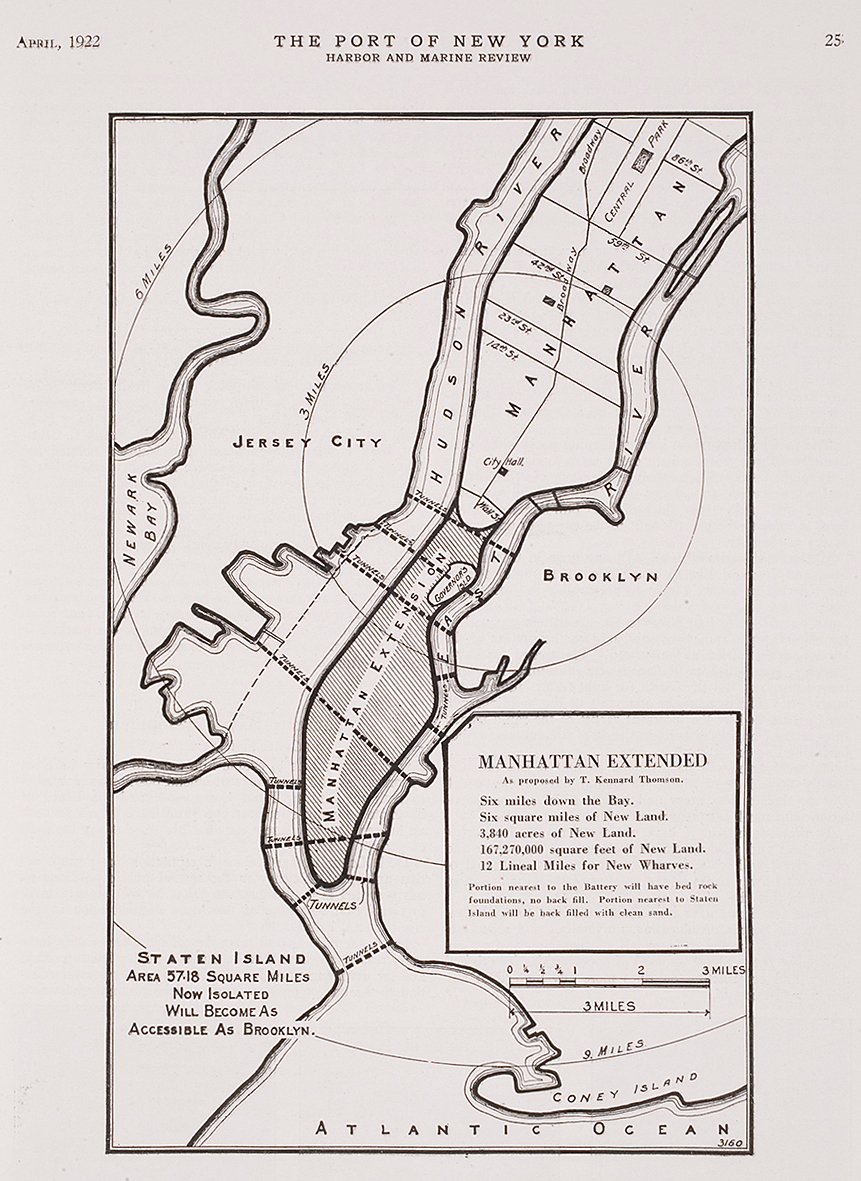Plus the Anglo Flight to the Suburbs didn't help.
Sure, though I think that's -- to a serious degree, at least -- a consequence of the larger trend. Industry, manufacturing, honest blue collar work as a whole... when they die out in a country, the cities die, too. Financial districts thrive, but those are near-exclusively populated by commuters. The cities die, so things crumble, crime soars, and the middle class flees for greener pastures.
Incidentally, the "death of the American city" was then made worse because enthousiastic left-wingers got into power, and their utopian visions of central planning made everything much worse. They gutted the cities and built Stalinist monstrosities. But why did they get into power? Major reason: the working class swerved left, because the right embraced globalism and thus betrayed them!
I can imagine a scenario where the Republicans go America First, in which case they'll always get the lion's share of the blue collar vote. The American city doesn't die, so there's much less suburbia, and more of the middle class stays in the cities -- intermidled with the working class. There's less of a divide. Less of a racial abyss, too. The black population votes Republican, too, in this scenario. No reason to vote for left-wing activists when you have a secure job.
It sounds pretty close to ideal. Left-wing radicalism is prevented from taking hold, American jobs are safe, cities are much better off, there's a large degree of racial harmony, there's much less of a divide between working class and middle class...
The draw-back, of course, is that the country is less affluent in absolute terms. Since the OTL globalist economy sacrifices ordinary people for the interests of billionaires, however, most ATL Americans will actually feel (and may well
be) better off. The main drawback is that all imported goods will be much more expensive, and the overall diversity/availability of foreign goods will be substantially lower. (That's the obvious price of keeping "made in America" a prominent label.) Overall, prices of consumer goods will be higher in absolute terms than in OTL, too. (Again, an unavoidable effect of protectionist policies.) On the other hand, without OTL's globalist economy, expect inflation to be much reduced, and purchasing power will be up compared to OTL. So that may even out (or something close to it, anyway).
For the libertarian-minded Republicans (and for anyone committed to small government on principle), the sour apple here is that the ATL Republican Party will be considerably less opposed to certain social programmes (which will carry less of a stigma in right-wing circles if the far left has been effectively euthanised already).

